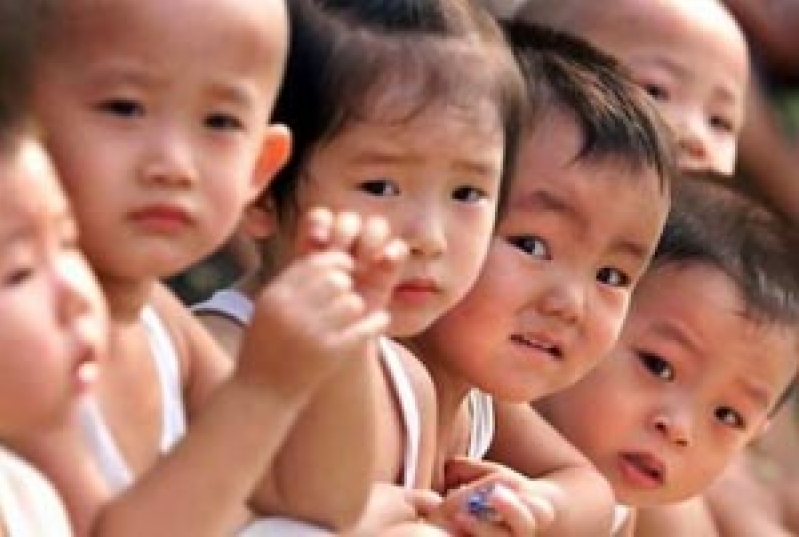
Chinese health officials reported Thursday that compared to 20 million births, more than 13 million abortions are performed each year in China.
The number of abortions given does not include unreported procedures and medication-induced abortions, reported the state-run newspaper China Daily. According to Wu Shangchun, a research official with the National Population and Family Planning Commission, about 10 million abortion-inducing pills are sold in China each year.
In terms of the rate of abortions, 13 million translates to about 24 abortions for every 1,000 women between the ages of 15 and 44.
By comparison, the abortion rate in the United States was 19.4 percent in 2005 – the country’s lowest rate since 1974, according to a report released in 2008. There were 1.2 million abortions performed in the United States in 2005.
Although China’s abortion rate is higher than that of the United States, it is significantly lower than Russia, which leads the world with the highest abortion rate of 53.7 abortions for every 1,000 women between the ages of 15 and 44, according to the United Nations Population Division.
The latest statistic of abortions in China is a marked increase from the country’s previously released figure of 9 million in 2003.
Chinese officials blame poor sex education for the country’s high number of abortions.
The China Daily reported that 70 percent of people who called a pregnancy hot line at a Shanghai hospital said they knew nothing about contraception. Even fewer knew about sexually transmitted diseases, or that HIV/AIDS could be transmitted through sexual intercourse.
Yet besides lack of sex education, China’s population control policy is a major contributor to its high number of abortions. China has a one-child policy for couples living in urban areas, and allows for a maximum of two children for couples living in rural areas if the first child is a girl.
Chinese traditional culture places greater value on sons – who will inherit the family last name – leading many couples to choose to have abortions based on the gender of the baby. This has led to a massive imbalance of males to females in China.
The China Daily, which ran the story on its front page, said the high number of abortions was “cause for concern.” It noted that most of the women having abortions are single and between the ages of 20 and 29.
But despite its “concern,” China has said it will “strictly enforce” the one-child policy for decades, according to Xinhua state news agency.
China’s one-child policy has been harshly criticized by the international community, especially when news leaked out that the government forces women to have abortions against their will.
Last November, an Uyghur Muslim woman living in the remote northwest region of China was chased and captured by government officials who tried to force the six-month pregnant woman to undergo an abortion procedure.
The woman escaped the hospital where she was held and was hiding at a relative’s house when she was recaptured. Her plight made international headlines and brought a storm of criticism upon China and its population control policy.
In the end, China relented and allowed the woman to give birth to her third child.
But other women in China are not as fortunate. Based on sources in China, the China Aid Association reported in 2007 that within a 24-hour period, at least 61 pregnant women who did not want an abortion were injected with drugs by the Chinese government to end the lives of their unborn babies in accordance with the one-child policy.
China’s one-child policy officially took effect on Sept. 1, 2002, and has been strictly enforced by the central and local Chinese government.







